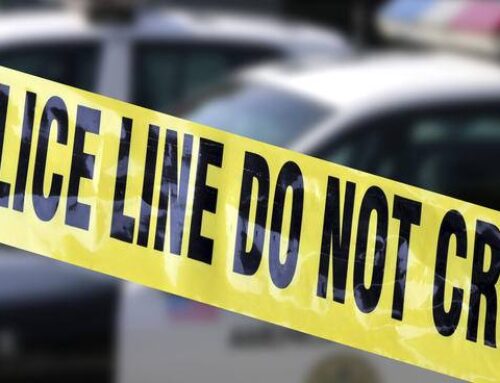All of the following headlines came under the heading “Lake Highlands” in editions of the Dallas Morning News:
“Man caught on camera in Home Depot break-in” (Oct. 31, 2010); “Woman finds roommate dead in Lake Highlands Apartment” (Oct. 22, 2010); “Man arrested in death of girlfriend’s brother” (Dec. 3, 2010); “Police investigate fatal shooting in alleyway” (March 6, 2011); “Robbed woman dies of injuries” (March 13, 2011); “LH man arrested for allegedly shooting at witnesses” (April 1, 2011); “Two men found slain in burning apartment” (April 28, 2011); “Police seek witnesses to robbery-killing” (June 6, 2011); “Man pleads guilty in sexual assault” (July 28, 2011).
In a past column, I complained that the Dallas Morning News had gone out of its way to associate negative stories with the Lake Highlands community. After collecting the stories referenced above, it is still difficult to believe otherwise.
However, there is another way to look at it — perhaps our community has an inordinate amount of violent crime. At the very least, we appear schizophrenic.
On the one hand, we are a comfortable, family-oriented, tight-knit community; on the other hand, we appear to keep the Northeast Police Station fully occupied.
But before we begin to believe that we are somehow more heavily burdened by crime than other communities, perhaps the more basic and accurate explanation may be that our community is made up of — people. And imperfect people will always cause some problems, but imperfect people lacking a sufficient moral compass will tend to cause more problems.
In the Lake Highlands Freshman Center classroom of longtime English teacher Susan Fixler, there hung a poster of a verse titled, “It’s All About Character.” In abbreviated form, its proposition is that thoughts become words, words become actions, actions become habits, habits become character, and character becomes destiny.
So does Lake Highlands have more than our fair share of folks whose thoughts have gone unchecked until they have finally become their unfortunate — and criminal — destinies? Or do we just have the “normal” or “average” amount of crime? And is it “normal” only because other communities have as much or more crime?
And if an assurance of “normalcy” doesn’t quite set your mind at ease, is it because perhaps there is a larger realization that society might be producing more people without a moral compass, whose inappropriate thoughts initially influenced by our culture become words in casual conversations about less-than-wholesome topics replete with expletives, which turn into actions and behavior involving alcohol, drugs and sex, which grow into habits that become addictions and arrest development, which start to define character (or the lack thereof), until they reach the destinies of poverty, destitution, crime, prison and hopelessness?
Our country is perhaps finally coming to grips with our government’s fiscal crisis. But we are fast approaching the day when we will have to confront our moral crisis. The symptoms have been observable for some time. Behaviors once considered taboo are now not only permitted but encouraged, too.
In fact, those who are anything less than enthusiastically supportive are now the ones heckled in the public eye. Is it any wonder that the stories in the news documenting man’s inhumanity to man have grown increasingly graphic and common?
C.S. Lewis wrote: “We laugh at honor and are shocked to find traitors in our midst.” We trivialize drug abuse, alcohol abuse and no-holds-barred sexual practices, and glorify amoral, if not immoral, behavior in movies, television, publications and on the Internet. We worship those in the spotlight and cavalierly disregard the less-than-exemplary lives they lead. We know that it’s all happening all around us, and we either embrace it ourselves or choose to believe it’s really not that bad or that it doesn’t really affect us.
And then we are shocked when it does.
Longtime Dallas Morning News editorial writer Bill Murchison once succinctly observed: “What you believe determines what you do.” American society today seems to stand for the hedonist proposition that we should “eat, drink and be merry — for tomorrow we die.” If that becomes our national motto, then our nation will soon fail — with or without a balanced budget.
In Dostoyevsky’s novel, “The Brothers Karamazov,” the classic moral truth is stated: “For a person who does not believe in God, everything will be permitted.”
What do you believe? What will you do about it?





